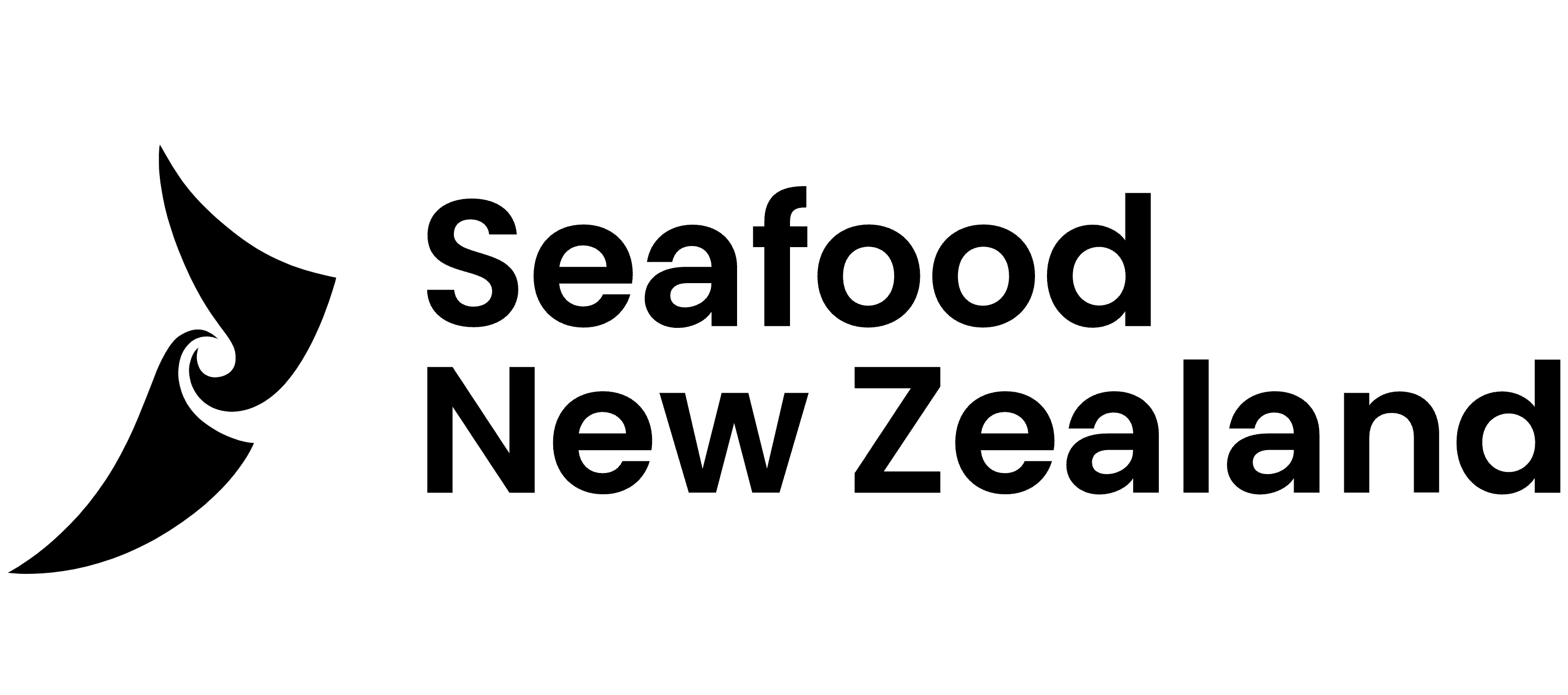May 31, 2018
Protected species mitigation plan moves to
entire New Zealand inshore commercial fishing fleet
A
fleet-wide programme to mitigate the risk to protected
species will be rolled out to New Zealand’s inshore
fishing fleet in the next two years.
The programme was announced today at the Federation of Commercial Fishermen Conference in Nelson and is additional to a similar programme already instigated in the deepwater and surface long-line sectors.
Fisheries Inshore New Zealand chief executive, Dr Jeremy Helson, said while the vast majority of vessels already practised extensive mitigation measures this programme codified and extended the care the fleet was taking.
“We share our sea with birds, marine mammals, protected fish and marine reptiles and, on occasion will unavoidably capture some. We recognise these impacts and will do all we can to reduce harm to a minimum,” said Helson.
The programme has been developed in conjunction with the Ministry for Primary Industries and the Department of Conservation with the intent to have all vessels fitted with an individual plan and the associated crew trained in the risk reduction techniques by 2020.
“Vessels fishing deepwater species and those fishing in the surface long line sectors already have these plans in place and the addition of the inshore fleet will mean almost every vessel in New Zealand waters will be operating under this best practice,” said Helson.
The programme will consist of;
a set of Operational Procedures for the mitigation of
risk to protected species, one for each fleet or subfleet as
operators consider appropriate. These will be prepared in
consultation with operators and interested parties;
a
vessel-specific risk mitigation plan for each vessel,
setting out how they will mitigate risks through management
of attractants - offal, waste, fish - and how they will
mitigate the risk from gear and fishing activity;
a set
of voluntary triggers or notifiable capture events to
initiate a review of mitigation measures
an auditing of
utilisation on the water by monitoring; and
an auditing
of performance by a joint committee of MPI, DOC and industry
representatives
The vessel-specific plans will be
retained on vessels and used to train new crew. MPI
Observers coming on vessels will report on whether the
vessels are operating according to the vessel plan.
“We take the impact of our activities seriously and will continue to improve our performance,” said Helson.
ends



 Hugh Grant: How To Reduce Network Bottlenecks
Hugh Grant: How To Reduce Network Bottlenecks Dominion Road Business Association: Auckland Transport's 'Bus To The Mall' Campaign: A Misuse Of Public Funds And A Blow To Local Businesses
Dominion Road Business Association: Auckland Transport's 'Bus To The Mall' Campaign: A Misuse Of Public Funds And A Blow To Local Businesses Parrot Analytics: A Very Parrot Analytics Christmas, 2024 Edition
Parrot Analytics: A Very Parrot Analytics Christmas, 2024 Edition Financial Markets Authority: Individual Pleads Guilty To Insider Trading Charges
Financial Markets Authority: Individual Pleads Guilty To Insider Trading Charges Great Journeys New Zealand: Travel Down Memory Lane With The Return Of The Southerner
Great Journeys New Zealand: Travel Down Memory Lane With The Return Of The Southerner WorkSafe NZ: Overhead Power Lines Spark Safety Call
WorkSafe NZ: Overhead Power Lines Spark Safety Call



